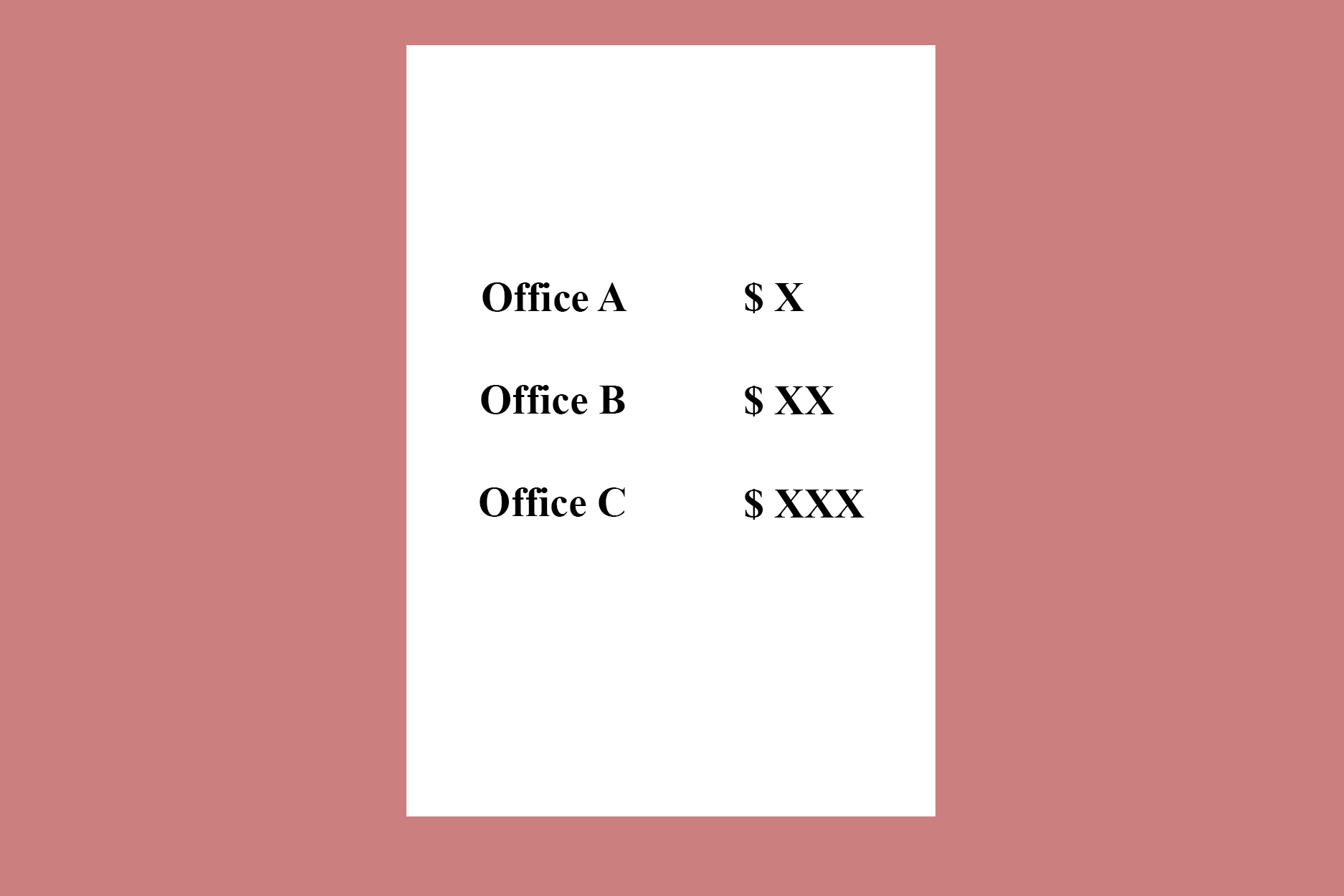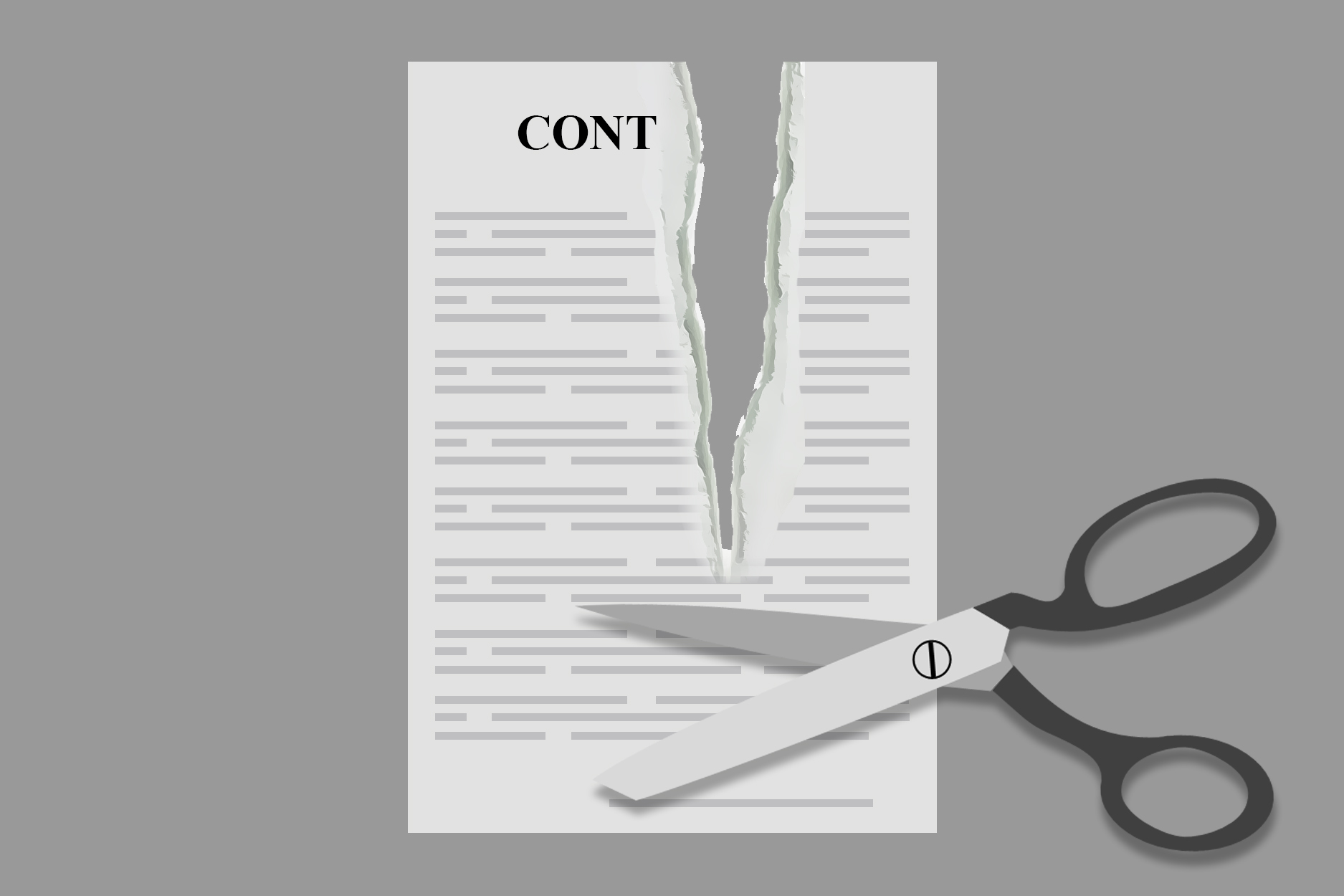Now that you know how to find a good location, it’s time to find the actual office space and consider the legalities to protect you while allowing you some flexibility.
10 Things to Consider Before Signing a Leased Space Contract
1. Condition
If the leasable space you are considering is an existing structure, thoroughly check it for damages and have them fixed by the owner first, unless your agreement is on a where-is as-is basis. 
If it is newly-built, you will still need to check if anything needs to be modified or improved for your specific needs.
Check if there is ample access to common areas such as restrooms, hallways, elevators, fire exits. Inquire about permitted and prohibited activities in the office space. For example, some lessors limit operating hours to only specific times of the day. Some may prohibit turning the space into a semi-home.
Check if there is enough natural lighting into the space, as natural light is linked to overall employee health and morale, studies show.
2. Lease Term
Before choosing a short or long lease term, you should forecast your growth. For example, it is impractical to rent a big space long term while being small if you don’t expect your workforce to increase within the term.
Choose long term if the price for the space is a good deal and your projected growth or expansion is well-targeted or on schedule. Note though that long term leases afford less flexibility to adapt to change when there is a need to reduce or expand the business, so weigh things carefully.
3. Rental Price
Check similar spaces within the vicinity and compare rates. Check the reasonability of the rates not just in terms of size and condition of the space but also in terms of amenities, such as janitorial, garbage disposal, and security services. 
If you think you can lower the price, renegotiate. There is no harm in trying and there is nothing to lose when you ask for a lesser rate. And if you can get a better deal, that’s savings that you can allocate towards other operating expenses.
Whenever the rent goes up, confirm whether or not comparable office spaces have experienced similar rate hikes. Determine if the increase is reasonable and renegotiate if it isn’t.
4. Right to Sublease and Assign Lease
Check if you have the right to sublease and/or assign your lease to others, which can come in very handy. For example, if you decide to downsize you can sublease the freed up space to cover costs.
When you outgrow your existing office, you can assign your lease to another organization and you can move to a more spacious location. Or if you decide to cease operations, the ability to assign the lease will allow you to avoid penalties for pre-termination and/or forfeit any security or advance deposits.
5. Other Fees
Be sure to inquire about property taxes and other fees that are not included in the rental fee.
6. Building Code Compliance

Check if the building is in compliance with the local building code to avoid disruptive noncompliance issues. For example, this can prevent problems should you decide to renovate your existing space. Further, elevators are regularly inspected for standard safety measures, so you can rest assured your elevator trips are safe.
7. Introducing Improvements and Repairs
Determine whether upon expiration of the lease you are required to leave improvements as-is, or restore the space back to its original state as some owners will allow removal of improvements as long as removal does not destroy the structural integrity of the building or walls. Note that restoration can be just as costly as improving.

Determine who will shoulder the costs for repairs, should they arise. Repair costs exceeding a specified amount are usually covered by the owner. This includes improvements introduced by the owner or repairs to damage caused by natural calamities, other circumstances beyond your control or ordinary wear, and tear of the facility.
If you are allowed to put up a sign, confirm the allowed size, the manner in which it should be installed, and on which side of the building you are allowed to put it up.
8. Termination or Pre-termination
Sometimes an owner will pre-terminate your lease. Be sure you are given enough time if this happens and that you are given reasonable time to relocate. You should also confirm whether you can receive a rebate or a refund on your advance rent and security deposit.

Discuss your right to pre-terminate the lease as well. A lease contract is a mutual understanding between you and the owner after all. If the owner can impose his own right to pre-terminate, for example due to nonpayment of rent or violation of agreed terms, you should be able to pre-terminate as well, for example when the owner fails to deliver on certain agreements, or when the relationship is not going well.
In case the owner sells his property, be sure you have the rights to continue with your lease and are protected from any undue escalation of rates.
9. Mediation and Dispute Resolution
In any relationship, disagreements can and will happen, and this includes your relationship with the owner. Make sure that your contract states that mediation is the preferred way to resolve disputes. Litigation can become very costly so it’s always better to come up with a reasonable and equitable solution to problems that arise.
10. Insurance
Discuss with a provider the costs and legal issues associated with obtaining fire, flood, other types of insurance.
